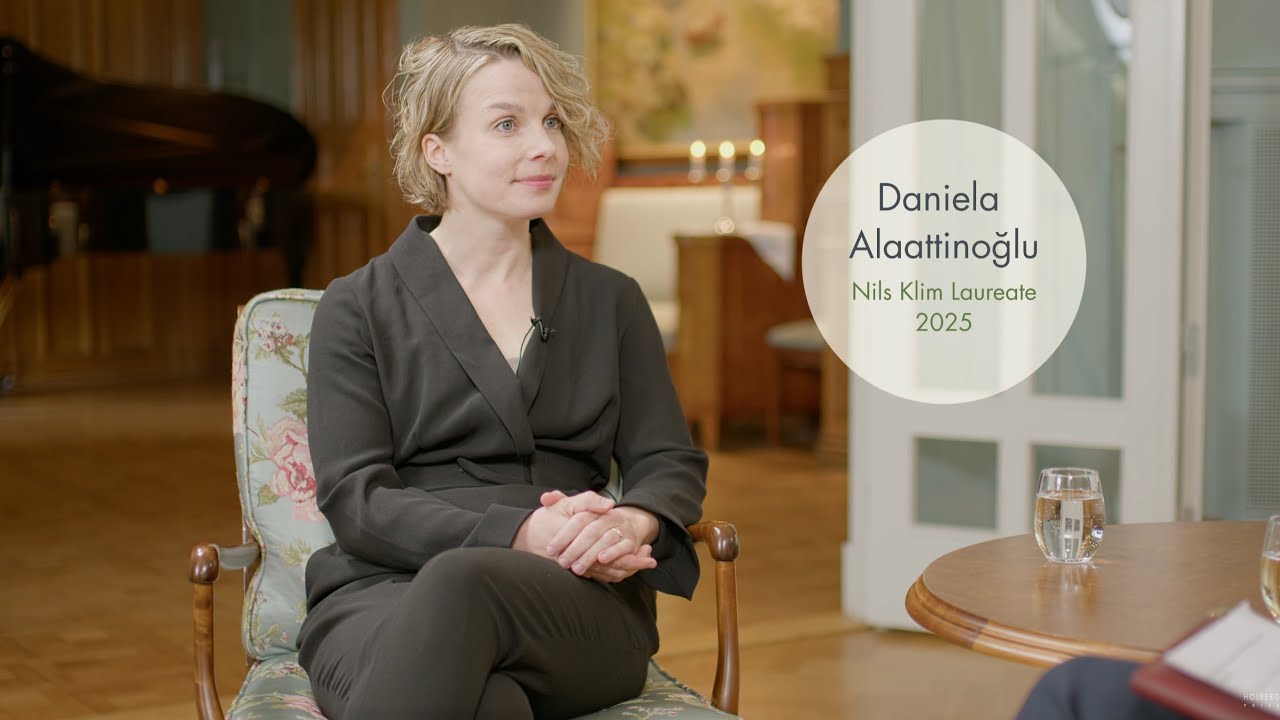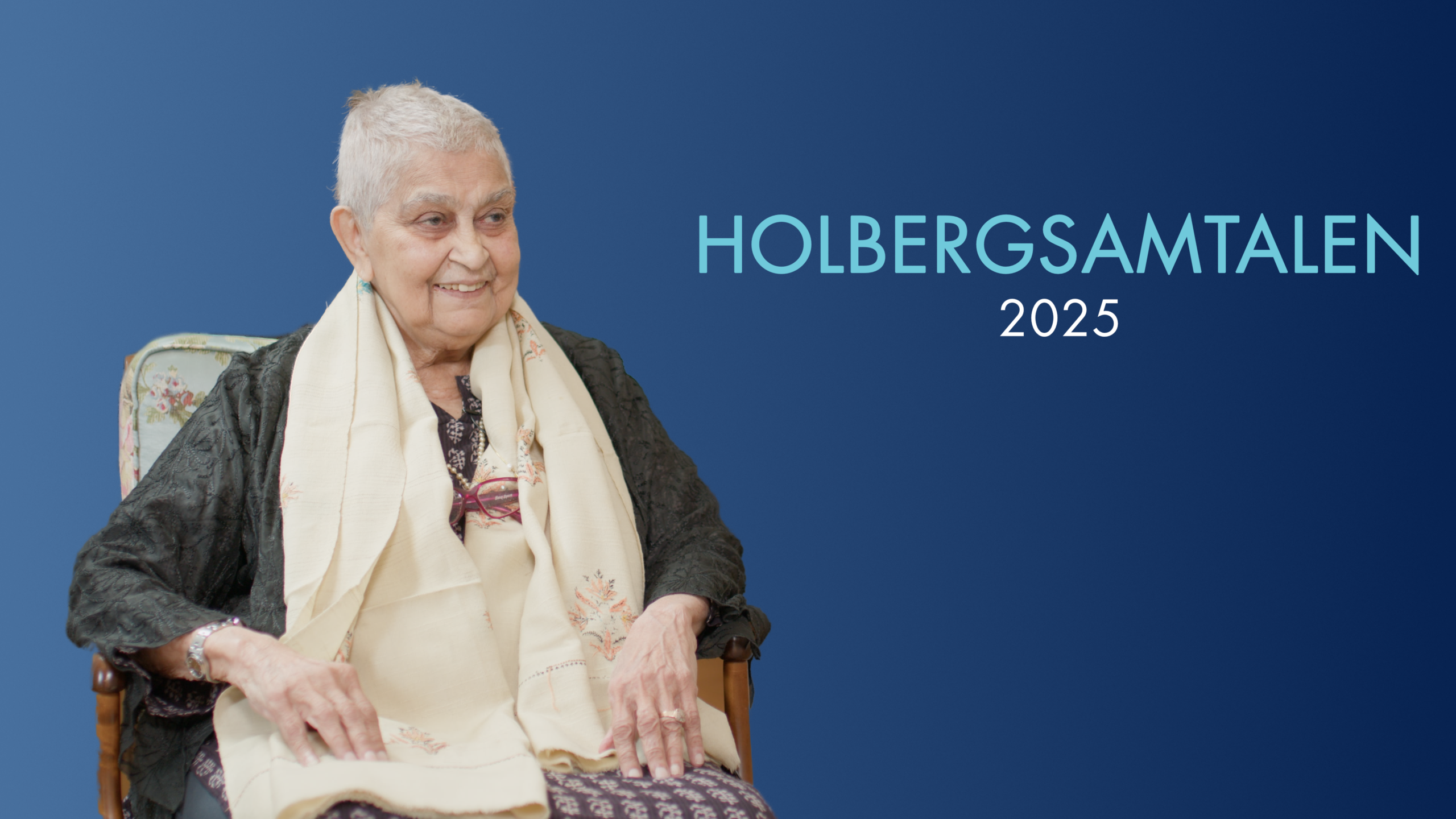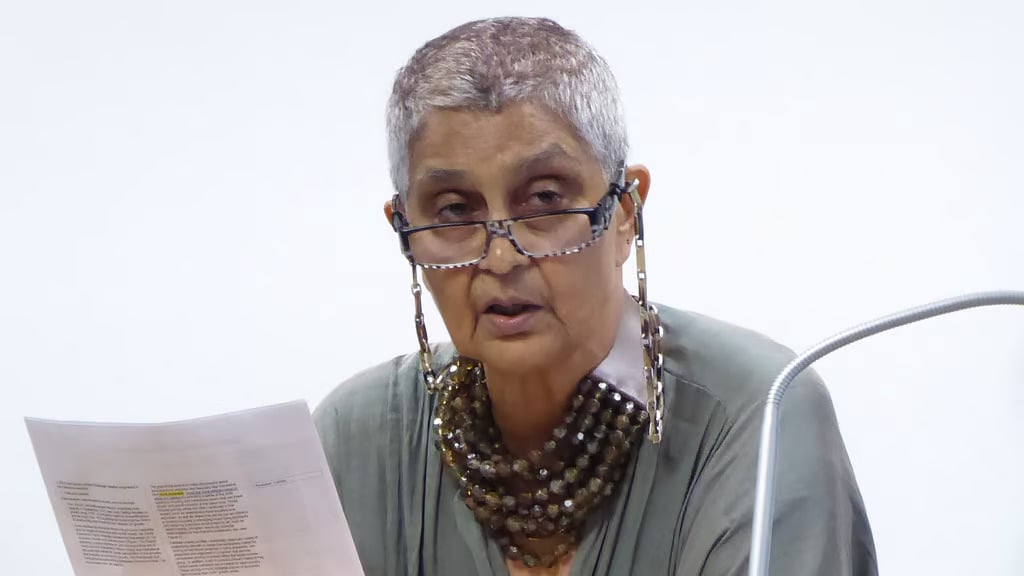
The largest sectors of the electorate in most ‘democracies’ often suffer from a race/class-caste/gender apartheid in education, according to Gayatri Chakravorty Spivak.
The day after receiving the Holberg Prize in Bergen, Holberg Laureate Gayatri Chakravorty Spivak will join Bodhisattva Chattopadhyay in conversation at the House of Literature in Oslo.
The event is open to the public, but registration is required. Watching the livestream does not require registration.
This event ends the 2025 Holberg Week, which takes place from 3rd to 6th June, in Bergen and Oslo.
Abstract
We can sustain a democratic world if there is no race/class-caste/gender apartheid in education. In one way or another, this apartheid has been created by longstanding historical crimes of cognitive damage. In order to undo this, it is not enough to build structures by policy. It is necessary to learn to engage in the texture of subaltern knowing. This conversation will revolve around some ways of doing this.
Participants
Gayatri Chakravorty Spivak
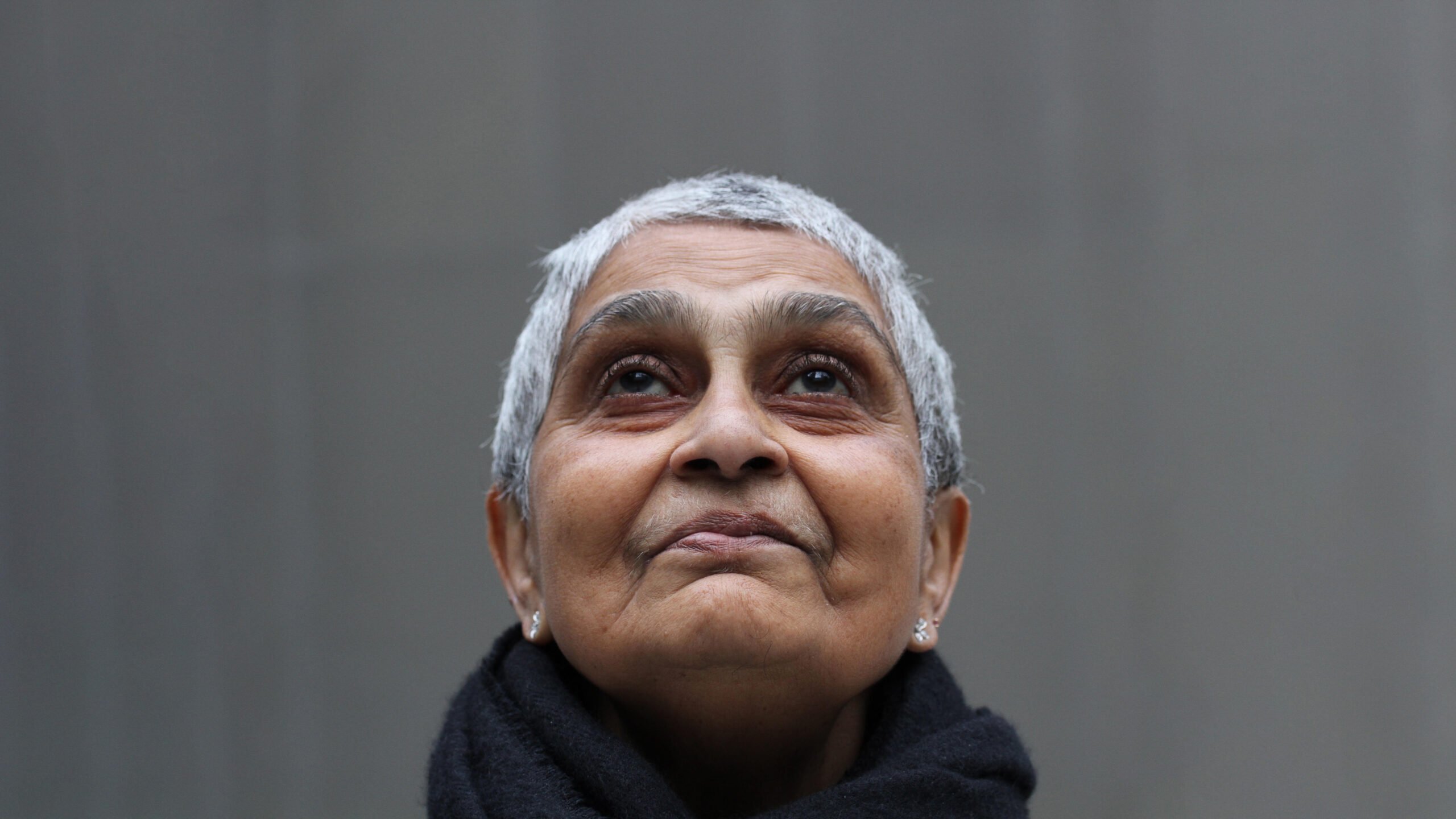 Gayatri Chakravorty Spivak. (Photo: Alice Attie.)
Gayatri Chakravorty Spivak. (Photo: Alice Attie.)
Professor Gayatri Chakravorty Spivak is the 2025 Holberg Laureate. She has held the position of University Professor in the Humanities at Columbia University since 2007, where she has been a faculty member since 1991, and where she is also a founding member of the Institute for Comparative Literature and Society. Spivak has published nine books and translated many others. Her works have been translated into over 20 languages. Spivak’s key works include In Other Worlds: Essays in Cultural Politics (1987), A Critique of Postcolonial Reason: Towards a History of the Vanishing Present (1999), Death of a Discipline (2003), An Aesthetic Education in the Era of Globalization (2012), and Ethics and Politics in Tagore, Coetzee and Certain Scenes of Teaching (2018). Her latest book is Spivak Moving (2024).
Bodhisattva Chattopadhyay
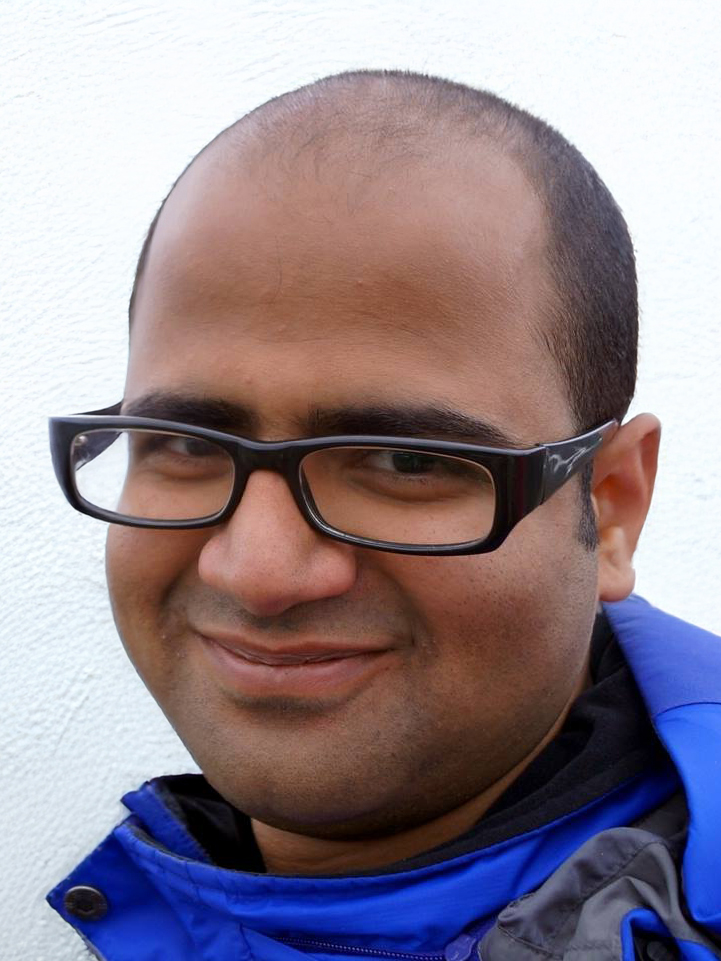 Bodhisattva Chattopadhyay. (Photo: Beate Trandem)
Bodhisattva Chattopadhyay. (Photo: Beate Trandem)
Bodhisattva Chattopadhyay is Associate Professor of Global Culture Studies at IKOS, University of Oslo. He leads CoFutures, where his research focuses on the political and social dimensions of speculative thinking. He is also co-founder of Theory from the Margins.


